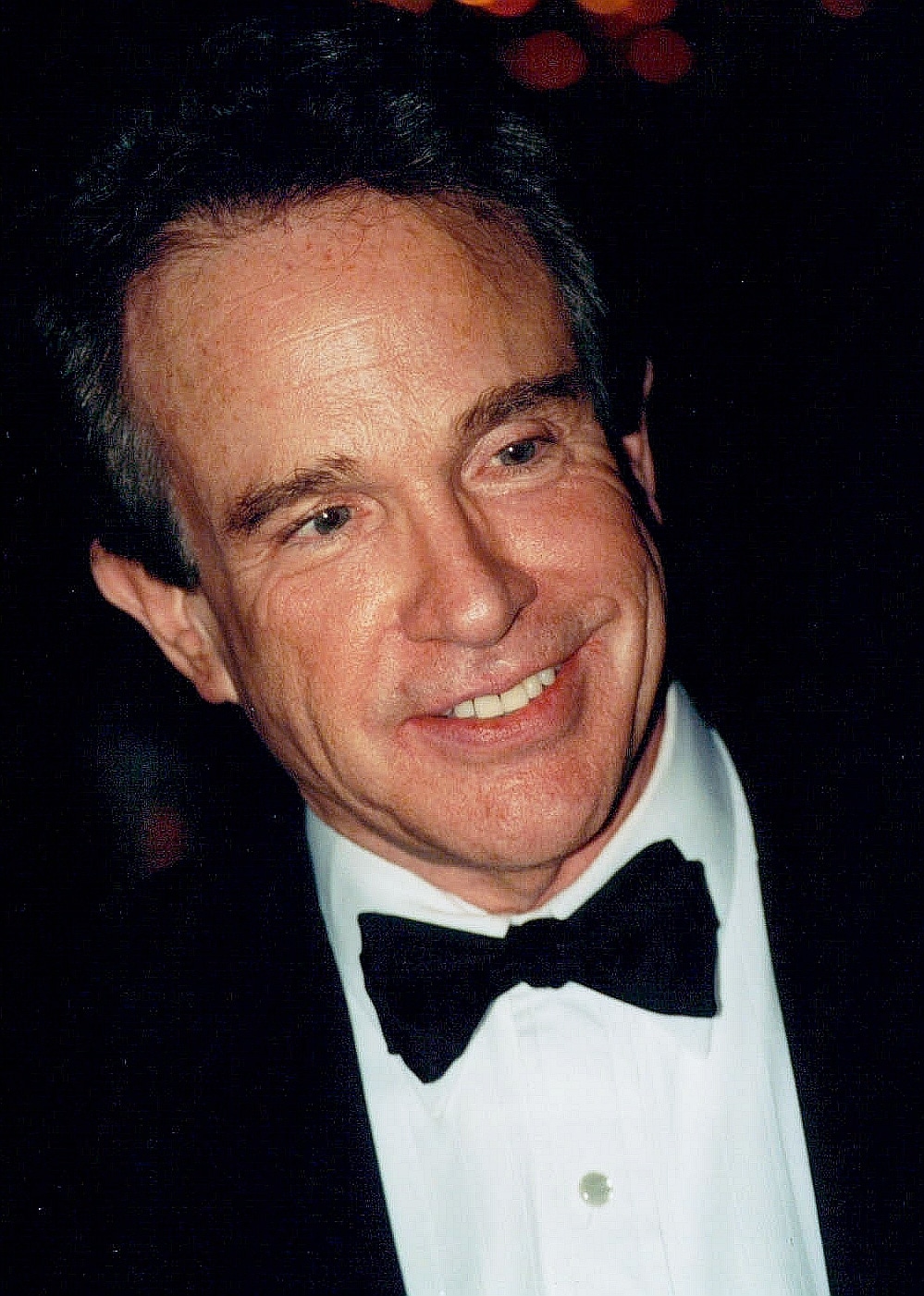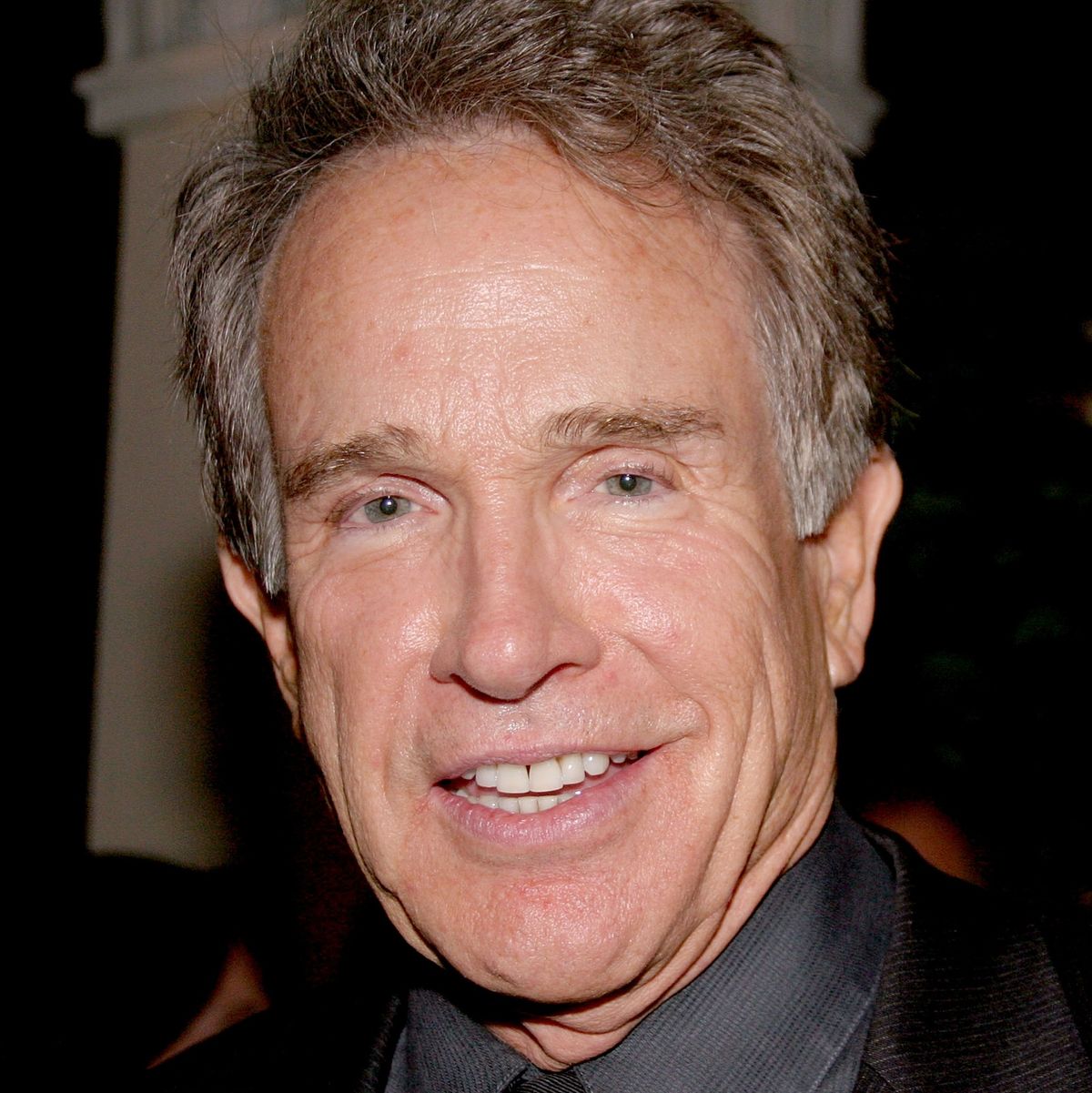Warren Beatty is a name that resonates with timeless brilliance in the world of cinema. From his dazzling performances to his impeccable charisma, this man has left an indelible mark on Hollywood history. If you're here, chances are you've heard of him—or at least seen one of his iconic films. But there's so much more to Warren Beatty than meets the eye. Today, we’re diving deep into his life, career, and the secrets behind his lasting legacy.
Think about it—how often do you come across someone who’s not just an actor but also a producer, director, and political activist all rolled into one? Warren Beatty isn’t just another Hollywood star; he’s a trailblazer who redefined what it means to be a multi-dimensional entertainer. His work spans decades, and yet, his influence remains as fresh as ever.
This article isn’t just about Warren Beatty—it’s about understanding why he matters, how his work shaped the industry, and what lessons we can learn from his journey. So grab a coffee (or tea, if that's your thing), and let’s embark on this adventure together!
Read also:Ricky Ariana Grande The Untold Story Of A Rising Star
Table of Contents
- Biography: Who is Warren Beatty?
- Early Life and Education
- Acting Career: From Stage to Screen
- Directorial Success: Behind the Camera
- Political Activism: More Than Just Acting
- Iconic Roles That Defined His Career
- Personal Life: Love, Relationships, and Family
- Awards and Legacy: A Lasting Impact
- Influence on Hollywood: How He Changed the Game
- Final Thoughts: Why Warren Beatty Still Matters
Biography: Who is Warren Beatty?
Warren Beatty, born Henry Warren Beaty on March 30, 1937, in Richmond, Virginia, is one of the most celebrated figures in the entertainment industry. Known for his versatility and charm, Beatty has carved out a niche for himself as both a leading man and a creative powerhouse. But who exactly is Warren Beatty beyond the red carpet and the silver screen?
Let’s break it down. Warren Beatty isn’t just a pretty face—he’s a guy who knows how to get things done. Whether it’s producing blockbusters, directing award-winning films, or advocating for social change, he’s always been at the forefront of innovation. His career spans over six decades, and during that time, he’s worn many hats—actor, director, producer, and even political activist. Yeah, you read that right—this guy does it all!
Data and Facts About Warren Beatty
| Full Name | Henry Warren Beaty |
|---|---|
| Birthdate | March 30, 1937 |
| Birthplace | Richmond, Virginia |
| Profession | Actor, Director, Producer, Political Activist |
| Notable Works | Reds, Bonnie and Clyde, Shampoo, Heaven Can Wait |
| Awards | 1 Academy Award, 4 Golden Globe Awards, countless nominations |
Now that we’ve got the basics covered, let’s dive deeper into Warren Beatty’s fascinating life and career. Trust me, it’s going to be a wild ride!
Early Life and Education
Warren Beatty’s journey didn’t start with glitz and glamour. Growing up in Richmond, Virginia, he was surrounded by a family that valued education and the arts. His father, a college professor, and his mother, a homemaker with a passion for theater, instilled in him a love for storytelling and creativity. But here’s the kicker—Beatty wasn’t always destined for the big screen.
At first, he wanted to become a doctor. Can you imagine that? A guy like Warren Beatty trading in his Oscars for a stethoscope? Thankfully, fate had other plans. After attending Northwestern University, where he studied theater, Beatty made the leap to New York City to pursue acting. And the rest, as they say, is history.
Acting Career: From Stage to Screen
Warren Beatty’s transition from stage to screen wasn’t an overnight success. It took grit, determination, and a whole lot of talent to make it big in Hollywood. His breakthrough came in 1961 with the film Splendor in the Grass, where he played Bud Stamper, a role that showcased his raw emotional depth. People were blown away—not just by his looks, but by his ability to convey complex emotions.
Read also:Best Purple Shampoo For Yellow Hair The Ultimate Guide To Neutralizing Brassiness
But Warren wasn’t satisfied with just being a pretty face. He wanted to push boundaries, challenge norms, and create art that mattered. That’s why his performance in Bonnie and Clyde (1967) became a game-changer. The film wasn’t just a gangster flick—it was a cultural phenomenon that redefined the Hollywood landscape. Critics and audiences alike couldn’t get enough of it.
What Made Warren Beatty Stand Out?
- His commitment to authenticity in every role
- His willingness to take risks and tackle controversial subjects
- His ability to connect with audiences on a deeply personal level
And let’s not forget—Warren Beatty was also a master at reinventing himself. Whether it was playing a suave playboy in Shampoo or a political idealist in Reds, he proved time and again that he wasn’t afraid to try new things.
Directorial Success: Behind the Camera
Warren Beatty didn’t stop at acting. Oh no, this guy had bigger ambitions. In the late 1970s, he turned his attention to directing, and boy, did he deliver. His directorial debut, Heaven Can Wait (1978), was a smashing success, earning him an Academy Award nomination for Best Director. But that was just the beginning.
Fast forward to 1981, and Beatty delivered another masterpiece with Reds. This film wasn’t just a love story—it was a sweeping epic that tackled politics, passion, and the complexities of human relationships. It won three Academy Awards, including Best Director for Beatty. Talk about making a statement!
Why Was Warren Beatty Such a Great Director?
- He had a keen eye for detail
- He knew how to bring out the best in his cast and crew
- He wasn’t afraid to tackle tough subjects and challenge the status quo
Warren Beatty’s success as a director wasn’t just about talent—it was about passion. He poured his heart and soul into every project, and it showed in the final product.
Political Activism: More Than Just Acting
Warren Beatty wasn’t content with just being a Hollywood star. He wanted to use his platform to make a difference in the world. Throughout his career, he’s been an outspoken advocate for civil rights, environmental issues, and social justice. In fact, he even ran for president in 1988, though he eventually dropped out of the race.
But his activism didn’t stop there. Beatty has consistently used his voice to speak out against injustice and inequality. Whether it’s supporting women’s rights or fighting for environmental protection, he’s always been on the frontlines of change. And let’s be real—this guy knows how to get people talking.
Iconic Roles That Defined His Career
Warren Beatty’s career is filled with iconic roles that have become part of cinematic history. Let’s take a look at some of his most memorable performances:
Top 5 Iconic Roles
- Bonnie and Clyde (1967) – As Clyde Barrow, Beatty redefined the gangster genre with his intense performance.
- Shampoo (1975) – Playing a charming but flawed playboy, Beatty delivered a performance that was both hilarious and poignant.
- Reds (1981) – As John Reed, Beatty brought a historical figure to life with depth and authenticity.
- Heaven Can Wait (1978) – As a football player given a second chance at life, Beatty showcased his comedic and dramatic range.
- Bugsy (1991) – Portraying the legendary mobster Bugsy Siegel, Beatty delivered a performance that was both gritty and compelling.
Each of these roles not only showcased Beatty’s versatility as an actor but also his ability to bring complex characters to life. And that’s what makes him so special.
Personal Life: Love, Relationships, and Family
Warren Beatty’s personal life is as fascinating as his professional one. Known for his numerous relationships with high-profile women, Beatty has been linked to some of the most beautiful and talented women in Hollywood. But despite his reputation as a ladies’ man, he eventually settled down with actress Annette Bening in 1992. Together, they have four children and have built a loving family.
But here’s the thing—Warren Beatty isn’t just a family man; he’s also a devoted father. He’s been known to put his family first, often stepping back from the spotlight to focus on what truly matters. And in a world where fame can be fleeting, that’s a pretty big deal.
Awards and Legacy: A Lasting Impact
Warren Beatty’s legacy is one of innovation, passion, and excellence. Over the course of his career, he’s received countless awards and accolades, including an Academy Award for Lifetime Achievement in 2008. But his impact goes beyond just the awards—it’s about the way he’s influenced generations of filmmakers and actors.
Beatty’s willingness to take risks and challenge the status quo has inspired countless others to do the same. And his commitment to social justice and activism has made him a role model for those who believe in using their platform for good.
Influence on Hollywood: How He Changed the Game
Warren Beatty’s influence on Hollywood cannot be overstated. From his groundbreaking films to his advocacy for social change, he’s left an indelible mark on the industry. But what exactly did he do differently? For starters, he wasn’t afraid to push boundaries. Whether it was tackling controversial subjects or experimenting with new filmmaking techniques, Beatty was always ahead of the curve.
And let’s not forget—Beatty was also a pioneer in the world of independent filmmaking. At a time when studios ruled the roost, he dared to produce and direct films that were both artistically and commercially successful. That’s a pretty big deal, especially in today’s world where independent films often struggle to find an audience.
Final Thoughts: Why Warren Beatty Still Matters
So there you have it—a deep dive into the life and career of Warren Beatty. This guy isn’t just a Hollywood legend—he’s a cultural icon who’s left an indelible mark on the world. From his groundbreaking films to his commitment to social justice, Beatty has shown us what it means to be a true artist.
But here’s the thing—Warren Beatty’s story isn’t just about the past; it’s about the future. His legacy continues to inspire new generations of filmmakers, actors, and activists. And as long as there’s a screen to watch and a story to tell, Warren Beatty will always matter.
So what do you think? Did this article give you a new appreciation for Warren Beatty? Or did it remind you of why you’ve always admired him


